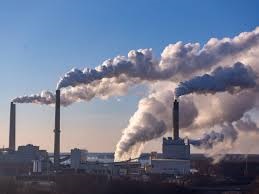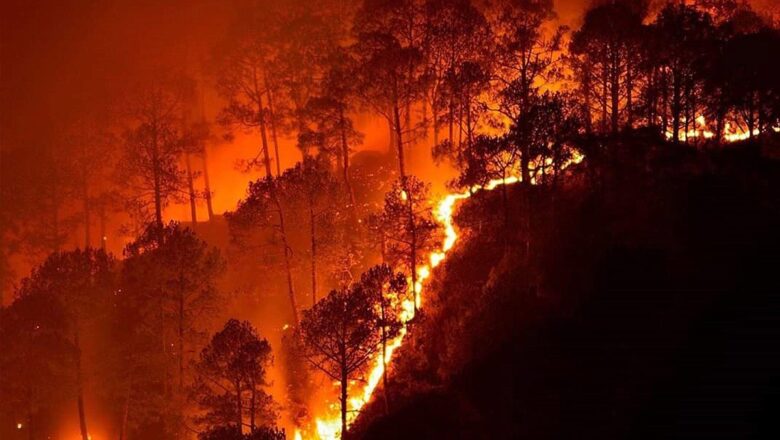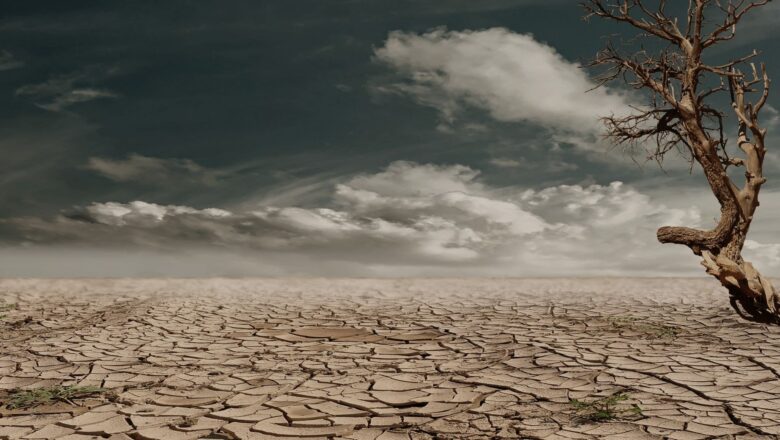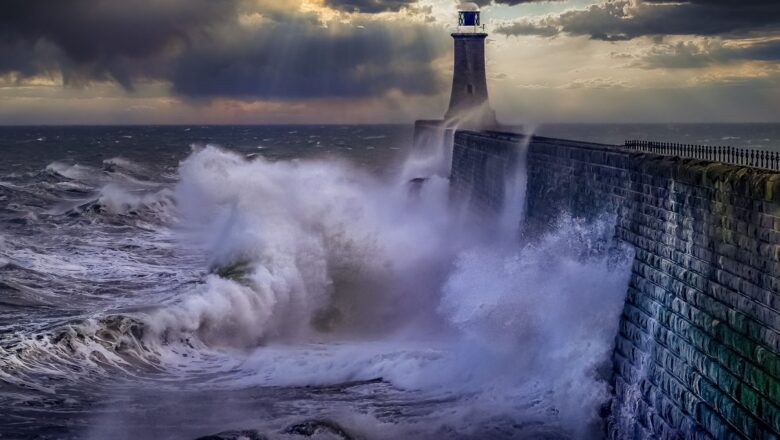
Coastal models show how island nations may adapt to sea level rise
Scientists simulate real-world wave impacts on coral atolls to study future flood risks and explore limits of adaptation.
New hope for vulnerable island communities
A groundbreaking study using coastal models has revealed how natural coral atoll islands may respond to rising sea levels and more frequent wave-driven flooding. The research, led by Roelvink et al. [2025] and published in Earth’s Future, offers fresh insights into how sediment naturally accumulates on the ocean-facing side of islands, helping raise their elevation and reduce the impact of future overwash during extreme weather events.
These findings are particularly relevant for rural, low-lying islands in the Maldives and Pacific Ocean, where communities depend heavily on coral reef protection and are among the first...









